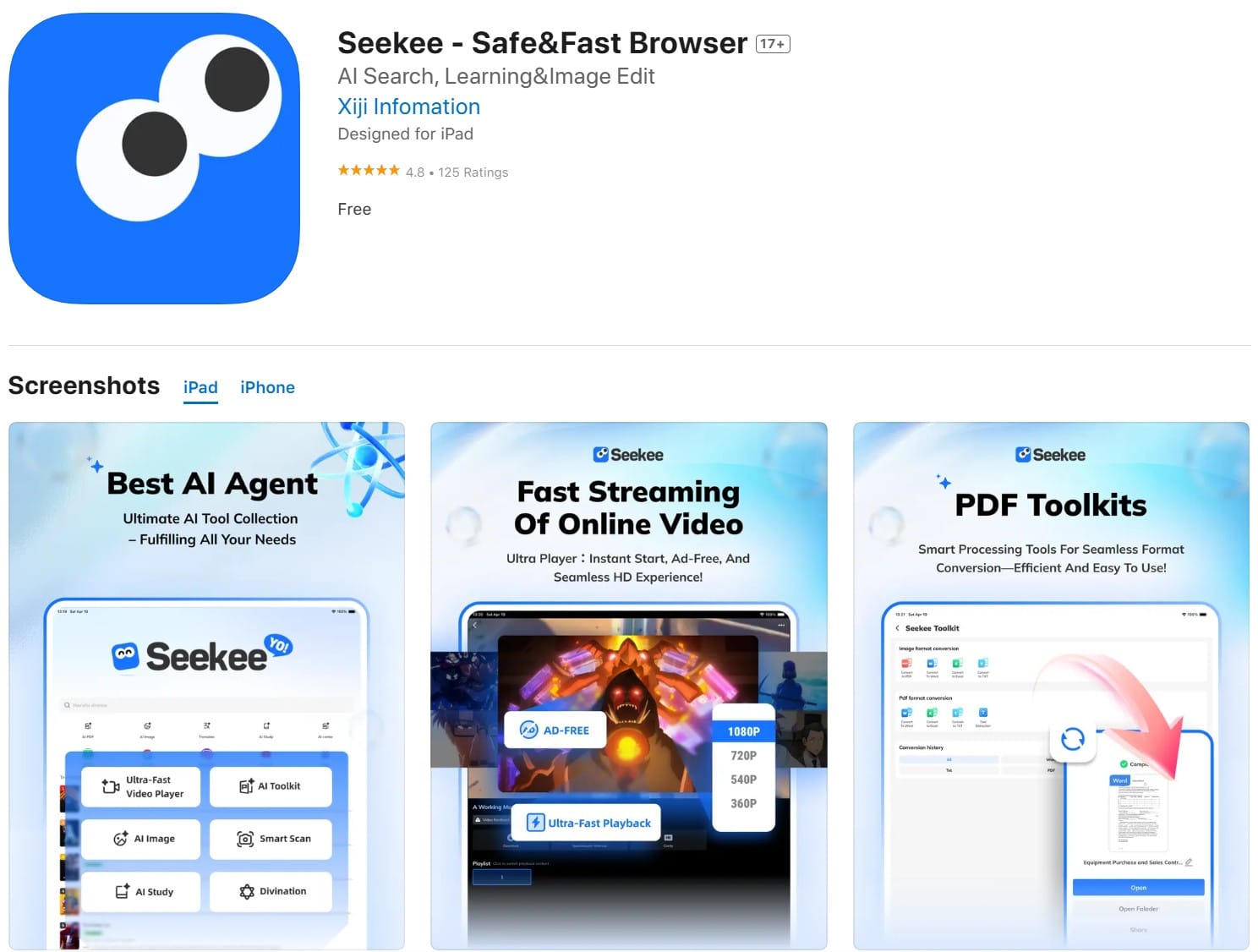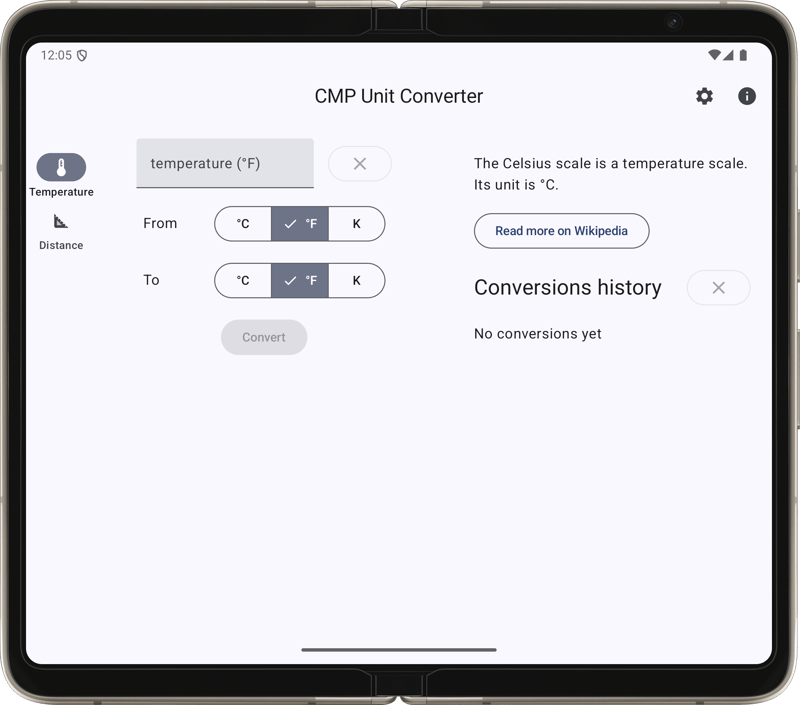Why Schema Markup is a Game-Changer for MSPs Targeting Local Markets
As an SEO expert with years of experience optimizing digital strategies for businesses, I’ve seen firsthand how small technical tweaks can yield massive results. For Managed Service Providers (MSPs) operating in local markets, one such tweak—schema markup—stands out as a game-changer. This powerful form of structured data can transform how search engines understand and display your business, driving more local traffic, boosting click-through rates, and ultimately generating more leads. In this article, I’ll explain what schema markup is, why it’s critical for MSPs targeting local markets, and how to implement it effectively, especially for multi-location businesses. If you’re ready to elevate your SEO for MSPs, read on. What is Schema Markup? Schema markup is a type of structured data that you add to your website’s code to help search engines like Google, Bing, and Yahoo better understand your content. Based on the Schema.org vocabulary—a collaborative framework developed by major search engines—it acts like a digital label, clearly defining what your website is about. For MSPs, this means specifying details like your business name, address, phone number, services, and operating hours. When implemented correctly, schema markup enables search engines to display enhanced search results, known as rich snippets. These might include star ratings, business hours, or even a map pin in the Google Local Pack—the coveted top three local business listings for a search query. For MSPs, particularly those with multiple locations, schema markup is a key tool to ensure each office is accurately represented in local searches, making it easier for potential clients to find you. Why Schema Markup Matters for MSPs The benefits of schema markup for MSPs targeting local markets are significant, especially in a competitive industry where visibility is everything. Here’s why it’s a must-have in your SEO toolkit: 1. Boosted Local Search Visibility Local search is the lifeblood of MSPs serving specific geographic areas. Whether a client searches for “IT support in Chicago” or “MSP near me,” schema markup increases your chances of appearing in the Google Local Pack and other local search results. By providing search engines with precise details about your locations and services, schema markup ensures your business is matched to relevant local queries. For multi-location MSPs, this is particularly powerful. Each office can be optimized to rank for its specific area, expanding your overall reach. Research shows that businesses using schema markup often see a significant uptick in local search visibility, making it easier for clients to discover your services. 2. Rich Snippets and Knowledge Panels Schema markup enables rich snippets, which enhance your search result listings with additional information like customer reviews, ratings, or business hours. These visually appealing elements make your listing stand out from plain text results, increasing the likelihood that users will click through to your site. Similarly, schema markup can trigger knowledge panels—dedicated sections in search results that provide a snapshot of your business details, boosting credibility. For MSPs, rich snippets showcasing 5-star reviews or clear contact information can build trust with potential clients before they even visit your website. This is especially critical in the IT services industry, where clients prioritize reliability and transparency. 3. Higher Click-Through Rates (CTR) Data from industry studies, including insights shared at Google IO 2017, suggests that pages with rich results enabled by schema markup can see click-through rates increase by 20% to 82%. Why? Because rich snippets and enhanced listings are more eye-catching and informative, they encourage users to choose your business over competitors. For MSPs, this translates to more website visits from organic search, which can lead to more inquiries and conversions. In a local market where every click counts, schema markup gives you a competitive edge. 4. Enhanced User Experience Schema markup doesn’t just benefit search engines—it improves the user experience too. By making key information like your address, phone number, and services readily available in search results, you reduce the effort required for clients to find what they need. This seamless experience can lead to higher engagement and satisfaction. For example, a potential client searching for “emergency IT support” can immediately see your 24/7 availability or the location of your closest office, making your MSP the obvious choice. This clarity is especially valuable for multi-location MSPs, where clients need to know which office serves their area. 5. Voice Search Optimization With voice assistants like Siri, Alexa, and Google Assistant becoming increasingly popular, voice search is a growing trend in 2025. Queries like “find IT services near

As an SEO expert with years of experience optimizing digital strategies for businesses, I’ve seen firsthand how small technical tweaks can yield massive results. For Managed Service Providers (MSPs) operating in local markets, one such tweak—schema markup—stands out as a game-changer. This powerful form of structured data can transform how search engines understand and display your business, driving more local traffic, boosting click-through rates, and ultimately generating more leads. In this article, I’ll explain what schema markup is, why it’s critical for MSPs targeting local markets, and how to implement it effectively, especially for multi-location businesses. If you’re ready to elevate your SEO for MSPs, read on.
What is Schema Markup?
Schema markup is a type of structured data that you add to your website’s code to help search engines like Google, Bing, and Yahoo better understand your content. Based on the Schema.org vocabulary—a collaborative framework developed by major search engines—it acts like a digital label, clearly defining what your website is about. For MSPs, this means specifying details like your business name, address, phone number, services, and operating hours.
When implemented correctly, schema markup enables search engines to display enhanced search results, known as rich snippets. These might include star ratings, business hours, or even a map pin in the Google Local Pack—the coveted top three local business listings for a search query. For MSPs, particularly those with multiple locations, schema markup is a key tool to ensure each office is accurately represented in local searches, making it easier for potential clients to find you.
Why Schema Markup Matters for MSPs
The benefits of schema markup for MSPs targeting local markets are significant, especially in a competitive industry where visibility is everything. Here’s why it’s a must-have in your SEO toolkit:
1. Boosted Local Search Visibility
Local search is the lifeblood of MSPs serving specific geographic areas. Whether a client searches for “IT support in Chicago” or “MSP near me,” schema markup increases your chances of appearing in the Google Local Pack and other local search results. By providing search engines with precise details about your locations and services, schema markup ensures your business is matched to relevant local queries.
For multi-location MSPs, this is particularly powerful. Each office can be optimized to rank for its specific area, expanding your overall reach. Research shows that businesses using schema markup often see a significant uptick in local search visibility, making it easier for clients to discover your services.
2. Rich Snippets and Knowledge Panels
Schema markup enables rich snippets, which enhance your search result listings with additional information like customer reviews, ratings, or business hours. These visually appealing elements make your listing stand out from plain text results, increasing the likelihood that users will click through to your site. Similarly, schema markup can trigger knowledge panels—dedicated sections in search results that provide a snapshot of your business details, boosting credibility.
For MSPs, rich snippets showcasing 5-star reviews or clear contact information can build trust with potential clients before they even visit your website. This is especially critical in the IT services industry, where clients prioritize reliability and transparency.
3. Higher Click-Through Rates (CTR)
Data from industry studies, including insights shared at Google IO 2017, suggests that pages with rich results enabled by schema markup can see click-through rates increase by 20% to 82%. Why? Because rich snippets and enhanced listings are more eye-catching and informative, they encourage users to choose your business over competitors.
For MSPs, this translates to more website visits from organic search, which can lead to more inquiries and conversions. In a local market where every click counts, schema markup gives you a competitive edge.
4. Enhanced User Experience
Schema markup doesn’t just benefit search engines—it improves the user experience too. By making key information like your address, phone number, and services readily available in search results, you reduce the effort required for clients to find what they need. This seamless experience can lead to higher engagement and satisfaction.
For example, a potential client searching for “emergency IT support” can immediately see your 24/7 availability or the location of your closest office, making your MSP the obvious choice. This clarity is especially valuable for multi-location MSPs, where clients need to know which office serves their area.
5. Voice Search Optimization
With voice assistants like Siri, Alexa, and Google Assistant becoming increasingly popular, voice search is a growing trend in 2025. Queries like “find IT services near me” are common, and schema markup helps your business appear in these results by providing structured data that voice assistants can easily interpret.
For MSPs, optimizing for voice search is a forward-thinking strategy to capture this expanding market. Schema markup ensures your business is ready for the future of search, keeping you ahead of competitors.
How to Implement Schema Markup for Multi-Location MSPs
Implementing schema markup may sound technical, but it’s manageable with the right approach. For MSPs, especially those with multiple locations, here’s a step-by-step guide to get started:
Step 1: Create Location-Specific Landing Pages
Each of your business locations should have a dedicated landing page on your website. These pages should include unique details like the office’s address, phone number, services offered, and operating hours. For example, an MSP with offices in New York and Los Angeles would create separate pages optimized for “IT services New York” and “IT services Los Angeles.”
These pages ensure search engines recognize each location as a distinct entity, improving local relevance and rankings.
Step 2: Add LocalBusiness Schema Markup
On each location’s landing page, add LocalBusiness schema markup using JSON-LD, the format recommended by Google. Include key properties such as:
name: The business name for that specific location (e.g., “Apex IT Solutions – Chicago”).
- address: The full physical address. -** telephone:** The location’s phone number.
- openingHours: The hours of operation. geo: Latitude and longitude coordinates for precise mapping. You can also use more specific schema types, like ProfessionalService, to reflect your MSP’s offerings. Tools like Schema.org’s documentation (Schema.org) can guide you in selecting the right properties.
Step 3: Connect Locations with the “Department” Property
For multi-location MSPs, it’s crucial to show that all offices are part of the same organization. Use the department property in your schema markup to link each location to the main business. On your homepage, include schema for the parent organization, then list each location as a department. This hierarchy helps search engines understand your business structure and avoids confusion in search results.
Step 4: Ensure Consistency Across Listings
Consistency is vital for local SEO. Make sure the information in your schema markup matches what’s listed on your Google Business Profile, Yelp, and other online directories. Inconsistent addresses or phone numbers can confuse search engines and hurt your rankings. Tools like BrightLocal’s Local SEO Checker (BrightLocal) can help you verify consistency.
Step 5: Test and Monitor Your Markup
Before going live, test your schema markup using Google’s Structured Data Testing Tool (Google Structured Data Testing Tool). This ensures your code is error-free and properly interpreted by search engines. After implementation, monitor your search results to confirm that rich snippets or knowledge panels are appearing as expected.
Real-World Impact: What to Expect
While specific case studies for MSPs are rare, examples from similar industries highlight the power of schema markup. A national coffee chain, for instance, saw a 30% increase in local search visibility and a 20% uptick in store visits after implementing schema markup, according to Schema App (Schema App). Similarly, Google’s 2017 data showed that rich results can drive 1.5x more time spent on pages and 3.6x higher interaction rates.
For MSPs, these benefits translate to more local clients finding your services, higher engagement on your website, and a stronger online presence. By investing in schema markup, you’re not just optimizing for today’s search landscape—you’re future-proofing your business for emerging trends like voice search.
Conclusion: Take the Next Step with Schema Markup
Schema markup is more than a technical SEO tactic; it’s a strategic advantage for MSPs targeting local markets. By improving local search visibility, driving higher click-through rates, and enhancing user experience, it empowers your business to stand out in competitive areas. For multi-location MSPs, schema markup ensures each office shines in its local market, maximizing your overall reach.
Ready to harness the power of schema markup for your MSP? Partner with experts in SEO for MSPs to implement tailored strategies that drive results. With the right approach, you can transform your local search presence and turn clicks into clients.











































































































































































![[The AI Show Episode 144]: ChatGPT’s New Memory, Shopify CEO’s Leaked “AI First” Memo, Google Cloud Next Releases, o3 and o4-mini Coming Soon & Llama 4’s Rocky Launch](https://www.marketingaiinstitute.com/hubfs/ep%20144%20cover.png)





























































































































![[FREE EBOOKS] AI and Business Rule Engines for Excel Power Users, Machine Learning Hero & Four More Best Selling Titles](https://www.javacodegeeks.com/wp-content/uploads/2012/12/jcg-logo.jpg)























































.jpg?width=1920&height=1920&fit=bounds&quality=70&format=jpg&auto=webp#)








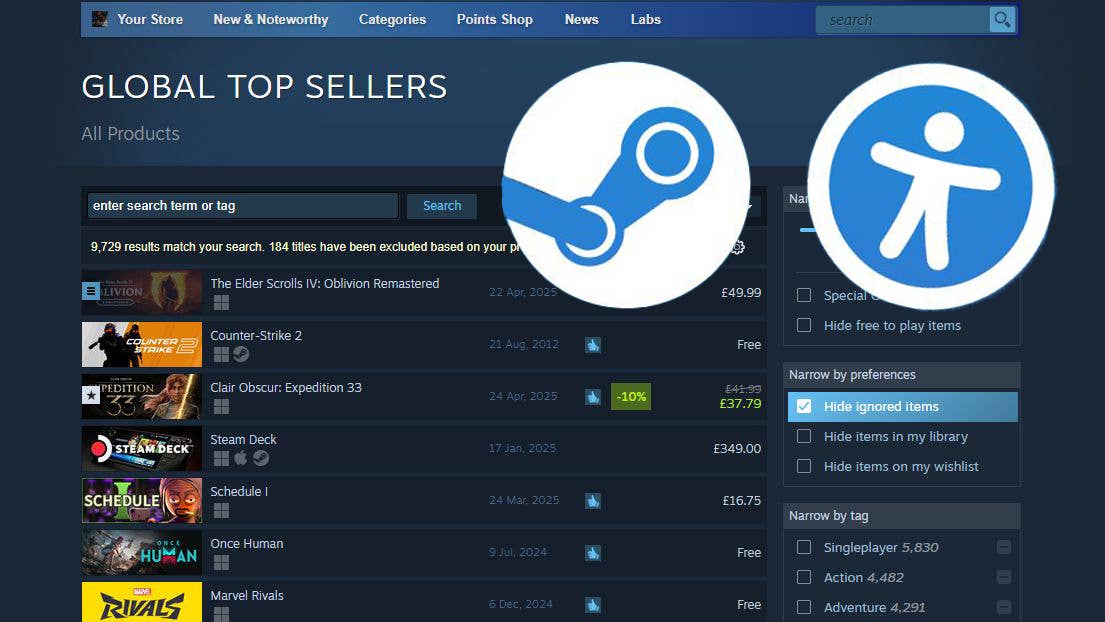












































































_Olekcii_Mach_Alamy.jpg?width=1280&auto=webp&quality=80&disable=upscale#)




























































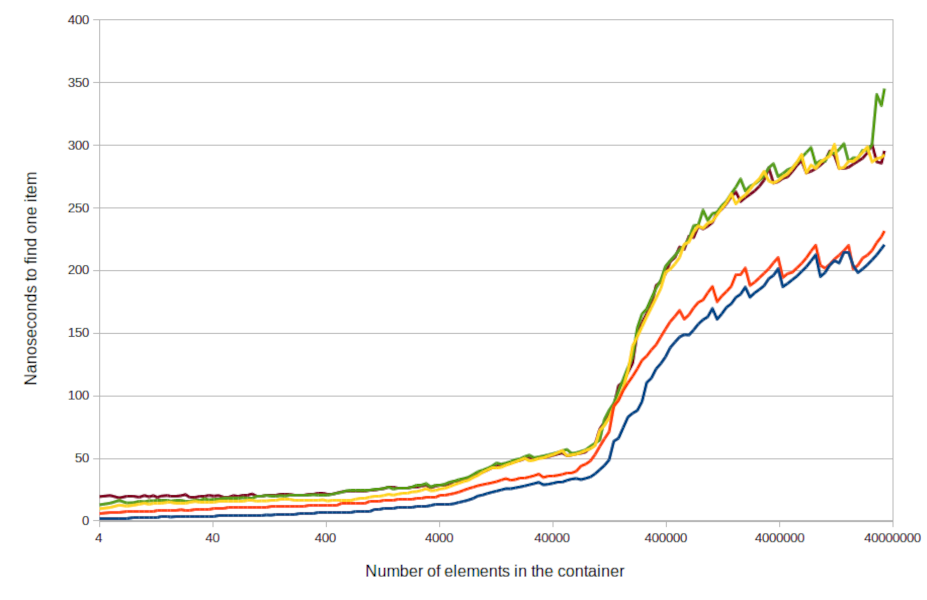





















































![Apple Drops New Immersive Adventure Episode for Vision Pro: 'Hill Climb' [Video]](https://www.iclarified.com/images/news/97133/97133/97133-640.jpg)
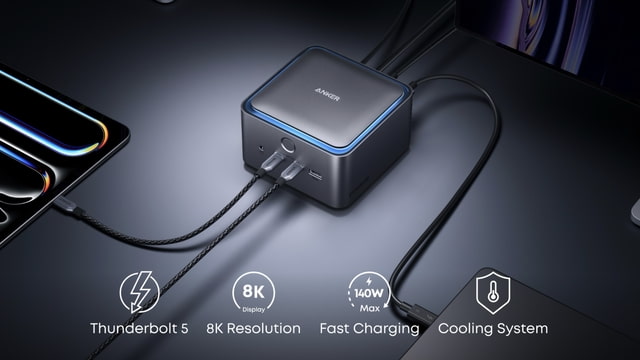
![Most iPhones Sold in the U.S. Will Be Made in India by 2026 [Report]](https://www.iclarified.com/images/news/97130/97130/97130-640.jpg)
![Apple to Shift Robotics Unit From AI Division to Hardware Engineering [Report]](https://www.iclarified.com/images/news/97128/97128/97128-640.jpg)



















































